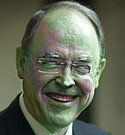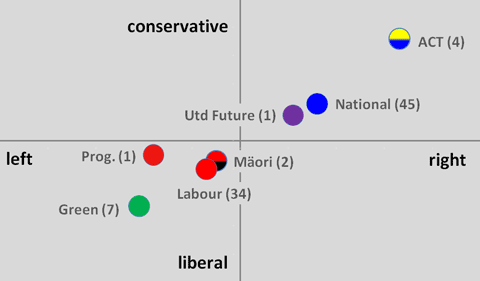 Radio New Zealand’s Morning Report this morning suggested that ousted ACT party leader and climate denialist Rodney Hide may be given some bauble of office at the Business Roundtable. But is he qualified? Can Rodney be the auctioneer to sell off Christchurch? Can Rodney’s ‘toxic’ brand fit with that of the BRT when it comes to climate change? You might very well think it does.
Radio New Zealand’s Morning Report this morning suggested that ousted ACT party leader and climate denialist Rodney Hide may be given some bauble of office at the Business Roundtable. But is he qualified? Can Rodney be the auctioneer to sell off Christchurch? Can Rodney’s ‘toxic’ brand fit with that of the BRT when it comes to climate change? You might very well think it does.
Submissions have just closed for the 2011 Review of the Emissions Trading Scheme. (This review was built into the 2002 Act to prepare for the 2012 end of the Kyoto commitment period). Counting the 2008 Select Committee , the 2009 Review Select Committee , and the 2009 Review of the review Select Committee , this is the 4th time in 3 years that the overall ETS has been looked at (plus a couple of Select Committees looking at components of the ETS: eg Forestry ). If they keep asking the question again and again maybe they will get the answer they want.
Continue reading “Gathering nuts in May: The Business Roundtable and the Toxic Avenger”



 Sir Peter Gluckman,
Sir Peter Gluckman,